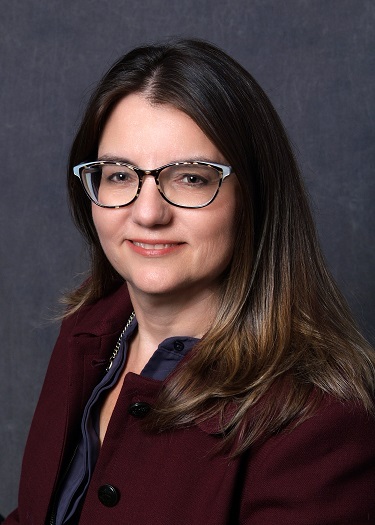Five Tips for Financial Professionals to Protect Clients from Elder Exploitation

Your elderly client calls you and asks you to wire $20,000 to a non-family member. When you ask what the payment is for, he gives vague answers or gets defensive. Or you are preparing a long-time client’s taxes and it appears that she is taking much larger than normal distributions. What do you do? Do you simply follow your client’s direction or do you investigate further?
There are no easy answers especially since you know that if you push too hard you may lose the client, which means they are likely to become even more vulnerable to exploitation.
Five Tips for Financial Professionals:
- Ask Questions. Don’t ignore what is right in front of you. You have a moral and possibly a legal obligation to ask about unusual activity. You may have the authority to hold up questionable disbursements. [1]
- Educate Your Clients. Before you see any signs of cognitive decline, talk to your clients about these issues. Make them aware of scams and common exploitation tactics you have seen.
- Be Proactive. Ask your clients to name a trusted individual you can contact, and urge them to sign powers of attorney. Financial Industry Regulatory Authority (FINRA) requires broker-dealers to request trusted contacts. Discuss sending a second set of financial statements to a family member. Encourage your clients to take action to protect themselves while maintaining their autonomy.
- Offer a Team Approach. Working with an elder law or estate planning attorney can be key to implementing the right tools to protect vulnerable clients especially if they are solo seniors aging alone. Some clients may benefit from working with a daily money manager or bill pay service. Others may benefit from the more hands-on approach of a geriatric care manager.
- Know Your Reporting Obligations. It is important to know when and how to report without breaching your confidential relationship. The Senior Safe Act protects financial services professionals from being sued for reporting suspected elder exploitation. In fact, you may be required to report in some instances. [2]
Stay tuned for educational programming by the Norris McLaughlin Elder Care & Special Needs Law Practice Group to help prepare you to address this growing problem. If you have any questions about this post or any other related matters, please feel free to email me at ssiegel@norris-law.com.
[1] FINRA Rule 2165 provides a safe harbor for broker-dealers to place a temporary hold on a disbursement of funds or securities from a client’s account if the broker reasonably believes that financial exploitation has occurred, is occurring, has been attempted or will be attempted.
[2] Twenty-six states have enacted financial exploitation rules but New Jersey, New York, and Pennsylvania are not on the forefront on these issues. They each allow permissive reporting but have not adopted comprehensive legislation to protect vulnerable adults. See N.J. Stat. § 52:27D-407, N.J. Stat. § 52:27D-409(a)(2); 6 P.A. Code § 15.2 and 15.21; 35 Pa. Stat. Ann. § 10225.103 and .302; 35 Pa. Stat. Ann. § 10210.103 and .302; and N.Y. Soc. Serv. Law § 473-b(a). However, broker-dealers are subject to obligations under federal law.




